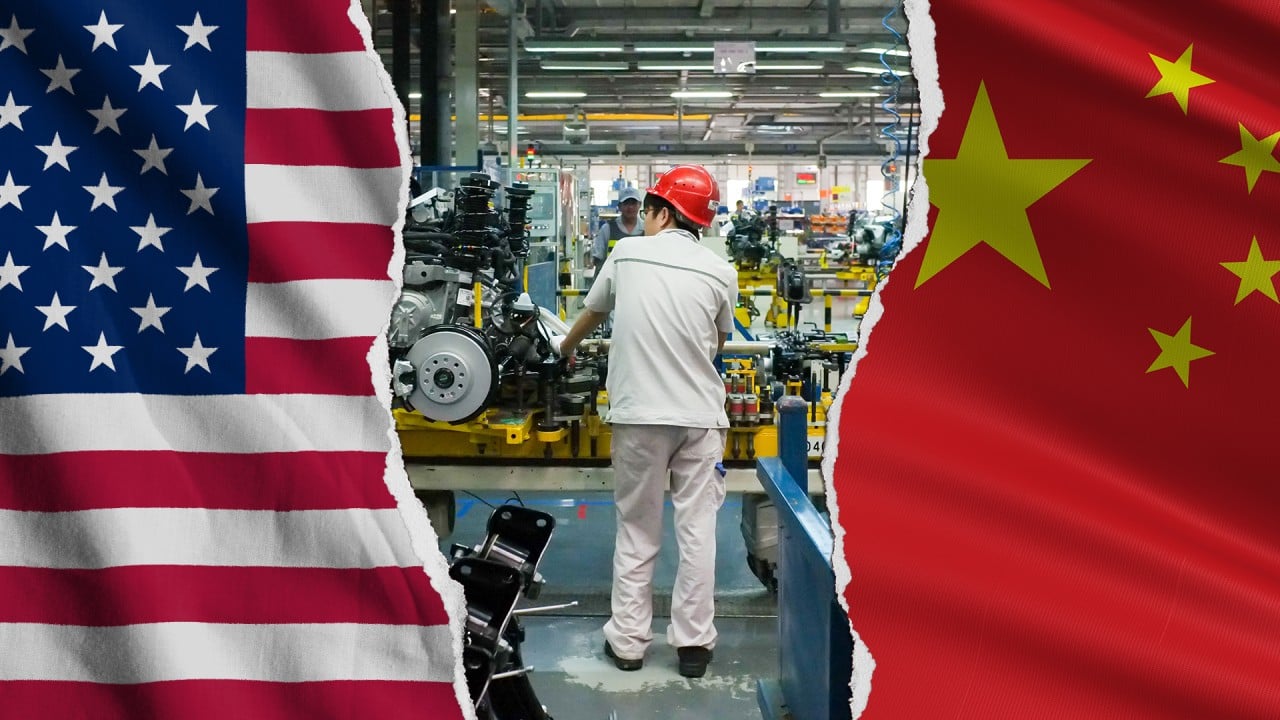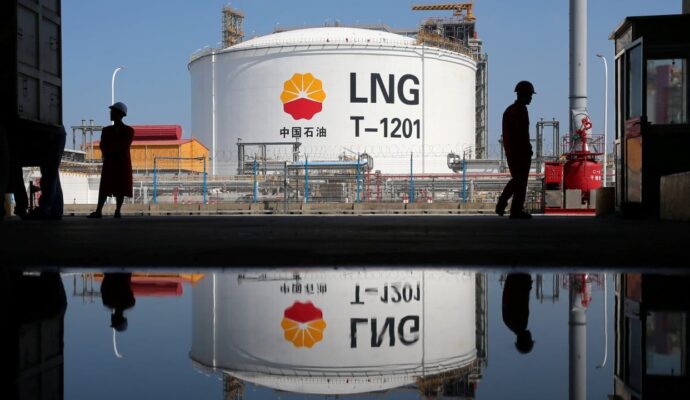Most people hate and ridicule Donald Trump’s universal tariffs. But if there is a silver lining, it’s that they expose the hypocrisy and self-defeating internal trade barriers that countries or trading blocs have built up over a long time, resulting in a huge drag on their own economies. That loss in potential earnings could equal or even exceed the tariffs Trump has imposed on them.
Advertisement
This has been the case, for example, in Canada, China and the European Union. The tariff crisis has brought significant movement in removing barriers to commerce in Canada and China. As for the EU, it’s harder to say.
Mario Draghi’s report on EU competitiveness made a big splash when it was released last September. It makes valuable suggestions on breaking down trade barriers – including differences in standards and regulations, and recognition of accredited qualifications – between member states.
But in the intervening months, Brussels seems to have moved on to “harmonising” the economies of its member states on a common war footing, based on unrealistically high defence spending of 5 per cent of GDP. Nato and the war economy may be taking precedence over commerce and trade.
China’s ‘unified domestic market’
In the mid-2010s, Maanshan was a fast-growing prefecture-level city in Anhui province, in central China. According to a World Bank report, private firms wanting to bid for mining rights there had to obtain approval from seven different local departments. Only local firms were successful, perhaps because officials favoured those with local connections, or because they were unfamiliar with outside companies.
Advertisement


